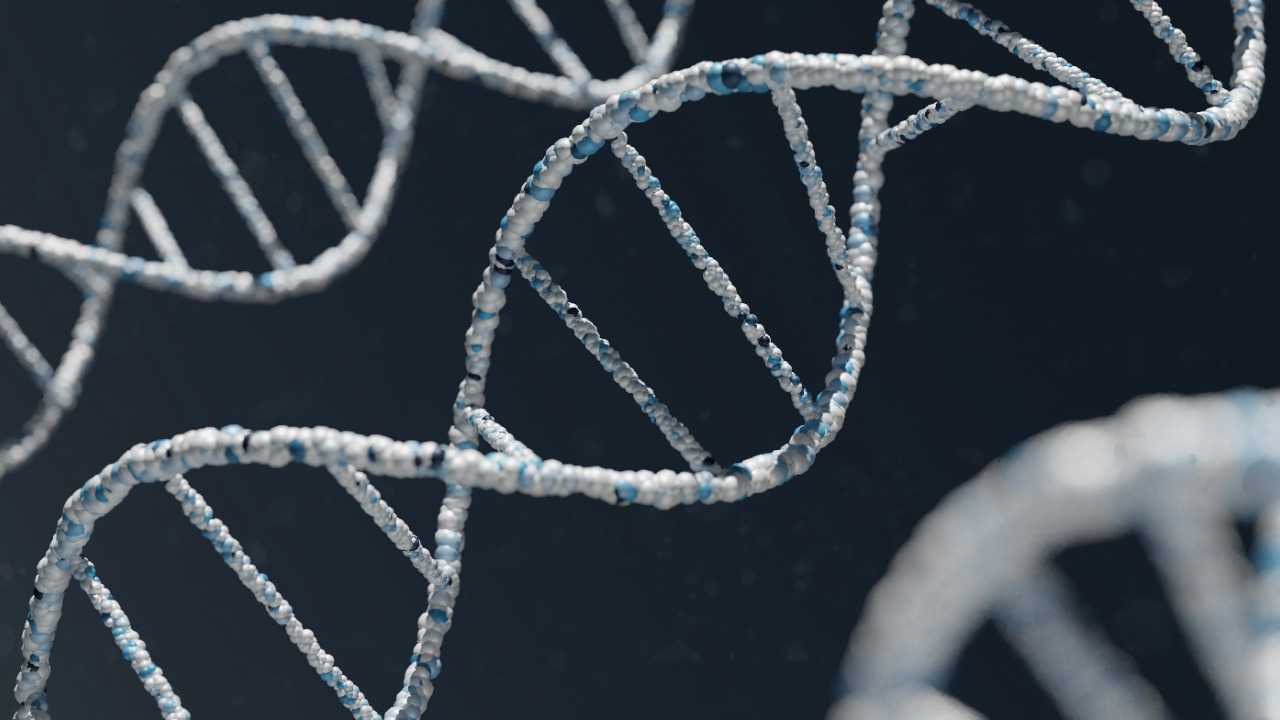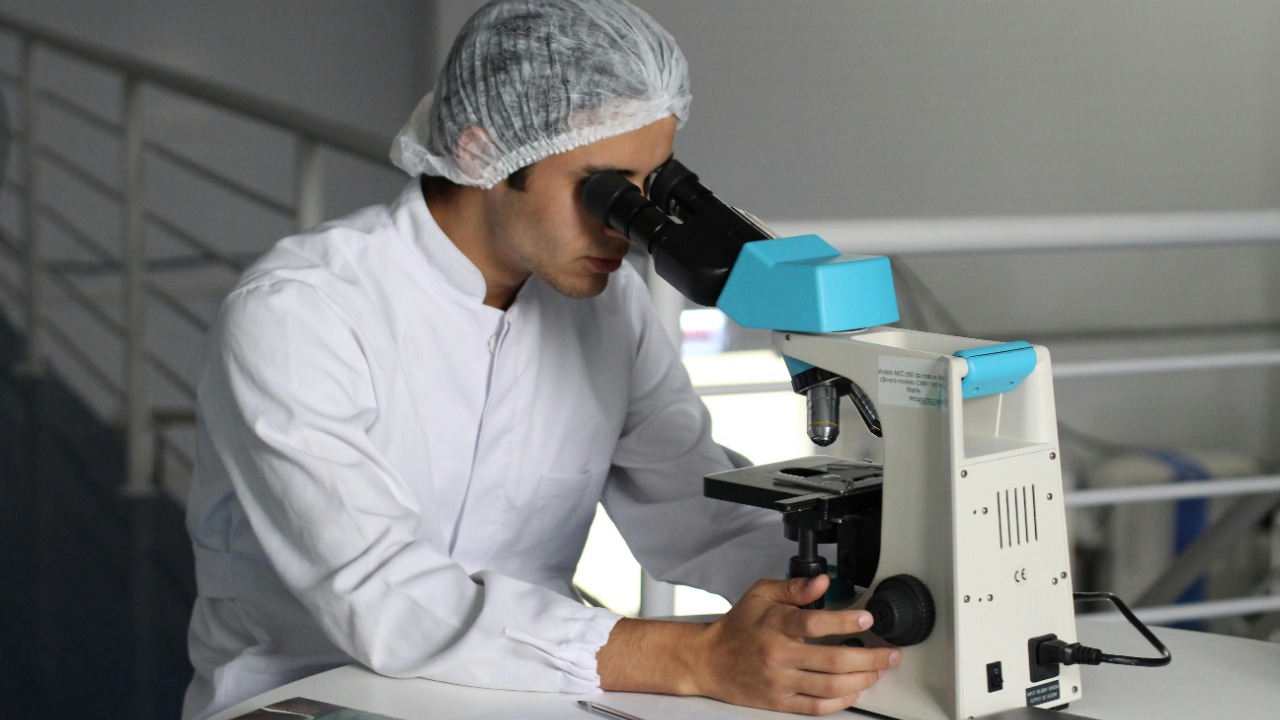
The prospect of prolonging human life has intrigued scientists and the general public alike for centuries. Recent scientific advancements suggest that humans could potentially reach the staggering age of 150 years. Together, we’ll delve into the science behind human longevity, discuss the role of technology in life extension, examine the challenges posed by increased lifespan, and contemplate the ethical implications of life extension.
The Science Behind Human Longevity

Current scientific understanding of human lifespan is shaped by a combination of genetic and environmental factors. It is widely accepted that healthy lifestyle choices such as regular exercise, a balanced diet, and abstaining from harmful substances can contribute to increased lifespan. However, there is also a significant genetic component. Certain genes have been linked to longevity, and research continues to explore their influence on human lifespan.
Recent studies have suggested that humans could potentially live to 150 years old. A Times of India article discusses a study indicating that the human lifespan has a natural limit, which may be as high as 150 years. Although it is still a matter of debate, the possibility of such extended lifespan has major implications for society and healthcare.
Technological Interventions in Prolonging Life

Technological advances have played a significant role in enhancing human longevity. Organ transplants, for instance, have saved countless lives and effectively increased life expectancy. A National Geographic article outlines how organ transplants have changed the face of medicine and contributed to human longevity.
Looking to the future, the potential of artificial organs and bioengineering is immense. These technologies could further extend human lifespan and improve quality of life for those suffering from chronic diseases. Early detection and effective management of age-related diseases through advanced medical technology could also play a crucial role in life extension.
The Challenges of Extended Lifespan

While the idea of living to 150 might be appealing, it also presents significant challenges. An increased lifespan could lead to overpopulation and strain on resources. Health issues, such as age-related diseases and declining physical and mental capabilities, could also pose significant challenges. It’s crucial to consider the quality of life, not just the quantity.
Furthermore, an extended lifespan could have profound effects on social structures and economies. Retirement ages would likely need to be revised, potentially leading to longer working lives. The costs of healthcare for an aging population could also place significant pressure on economies around the world.
Ethical Considerations in Life Extension

Life extension technologies raise a host of ethical questions. Balancing the desire for longevity with the realities of aging is a complex issue. For instance, while many people desire a longer life, they may not wish to experience extended periods of frailty or disability.
Another key ethical issue is the potential for inequality. If life extension technologies become available, who gets to live longer? Will these technologies be accessible to all, or only to those who can afford them? A Washington Post article discusses the ethical implications of life extension and the potential for inequality.
The Future of Human Longevity

Looking to the future, the potential for human lifespan extension seems boundless. Experts predict that advancements in medical technology and a deeper understanding of the human genome could allow us to live longer, healthier lives. However, the societal changes that could come with increased human lifespan are vast and largely unknown.
Science will undoubtedly play a key role in shaping our understanding of aging and human longevity. As our knowledge grows, so too will our ability to influence the aging process and potentially extend human life. To explore this topic further, consult this New York Academy of Sciences article, which delves into the science behind human longevity and the potential for lifespan extension.